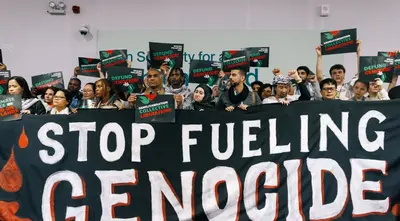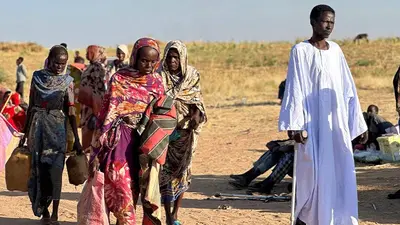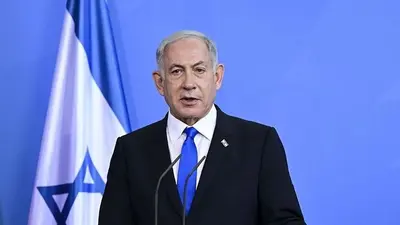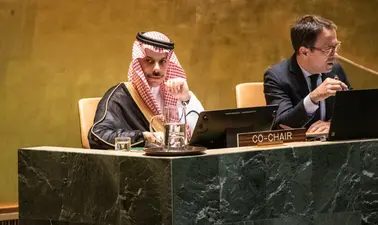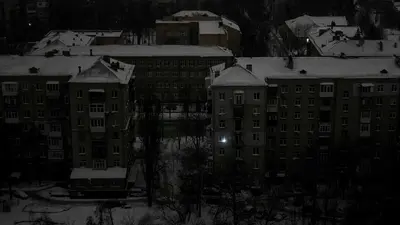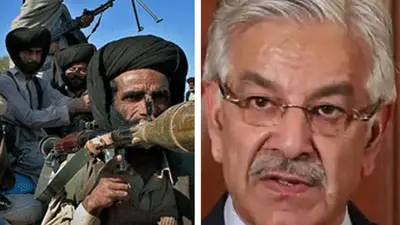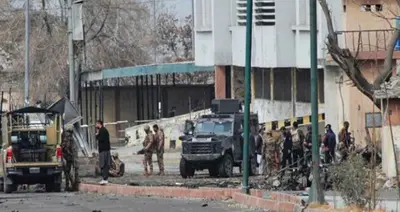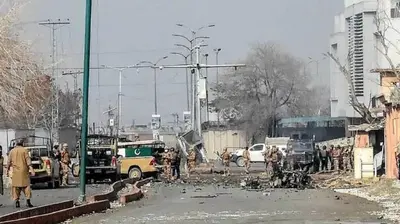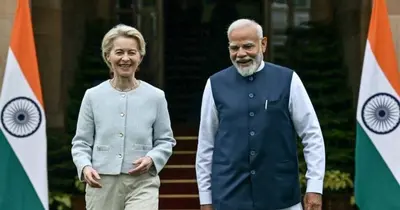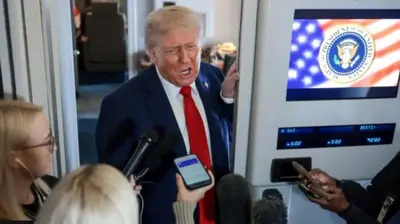Western Powers Recognize Palestine: What Comes Next?
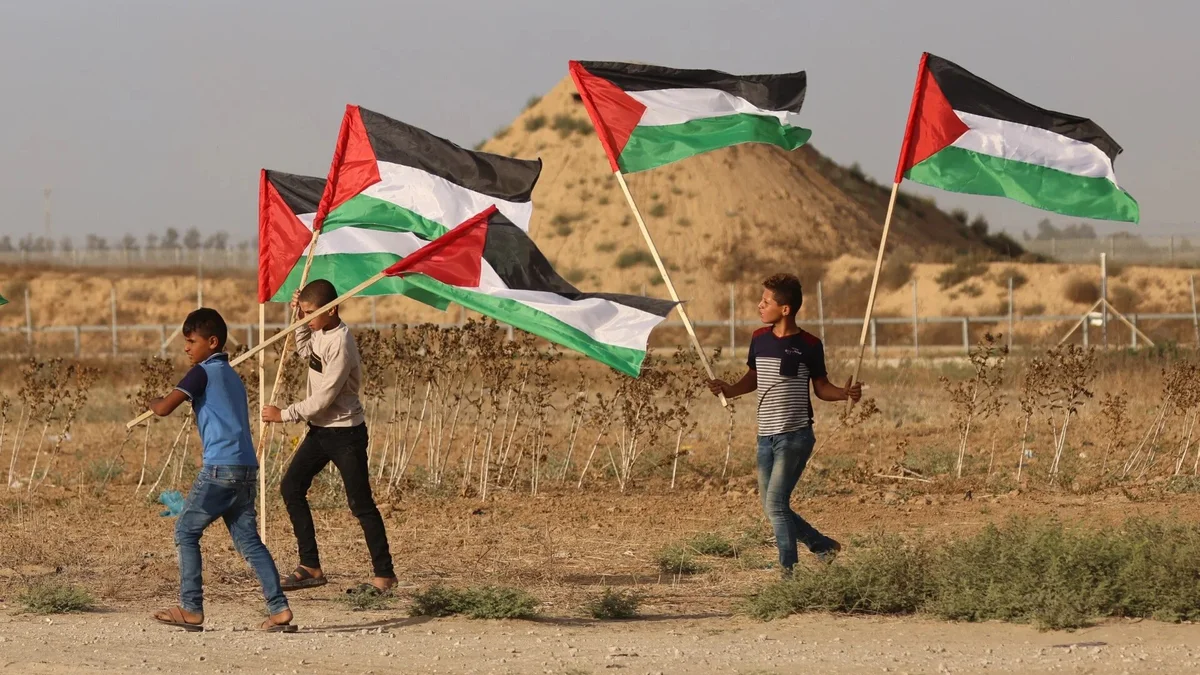
The recognition of Palestinian statehood by major Western powers — including the United Kingdom, Canada, Australia, and Portugal — marks a historic shift in global diplomacy. These recognitions, joining over 140 other UN member states, have stirred both celebration and skepticism within the international community.
While many Palestinians see this as a long-overdue step toward justice and sovereignty, experts caution that recognition alone won’t bring freedom on the ground. Israel’s leadership, meanwhile, has responded with outright rejection and possible plans for further annexation.
Netanyahu: “It Will Not Happen”
Israeli Prime Minister Benjamin Netanyahu dismissed the recognitions as a “reward for terror,” referencing the October 7 attacks. “There will be no Palestinian state west of the Jordan,” he declared, a statement backed by members of his far-right coalition who are openly pushing for the annexation of the West Bank.
Why Now?
Former Palestinian ambassador to the UK, Manuel Hassassian, said the UK’s move was influenced by internal political pressure and international shifts, especially after the failure of Israel to honor ceasefire conditions in Gaza.
“This recognition is mostly symbolic,” he said. “But it signals that the world is no longer turning a blind eye to Israeli occupation.”
Mona Abuamara, Palestinian Ambassador to Italy and former envoy to Canada, said Canada’s recognition reflects a broader realignment in foreign policy. “Canada is now moving from statements to action, joining other nations in defending a rules-based international order,” she said.
Symbolism vs. Substance
Despite international recognition, Palestinians still lack real independence. Israeli military checkpoints, settlement expansion, and political fragmentation continue to divide the West Bank and block the formation of a viable state.
“The envisioned Palestinian state — based on 1967 borders with East Jerusalem as its capital — is being systematically undermined,” Hassassian noted.
Abuamara added that countries that now recognize Palestine must also take legal and political steps. “Canada previously opposed Palestine’s access to international courts claiming it wasn't a state — that excuse is now gone,” she said.
What Needs to Happen Next?
Both diplomats stressed that recognition must be followed by concrete actions. These include:
- Sanctions on Israel for continued occupation and war crimes.
- Suspending trade agreements with Israeli settlements.
- Supporting Palestinian cases in international courts like the ICC and ICJ.
Diplomatic pressure, including withdrawal of ambassadors and banning military cooperation.
“The only way to force change is through international pressure,” said Abuamara. “Without it, recognition is empty.”
Looking Ahead: Annexation or Accountability?
Netanyahu is expected to travel to the United States soon to address the UN General Assembly and meet with President Donald Trump. Observers fear he could return with a green light to formally annex parts of the West Bank — a move that would directly challenge the growing international recognition of Palestine.
With more countries pledging support for Palestinian statehood, the next few weeks may determine whether this diplomatic momentum leads to meaningful change — or more entrenched conflict.
Source: RT

